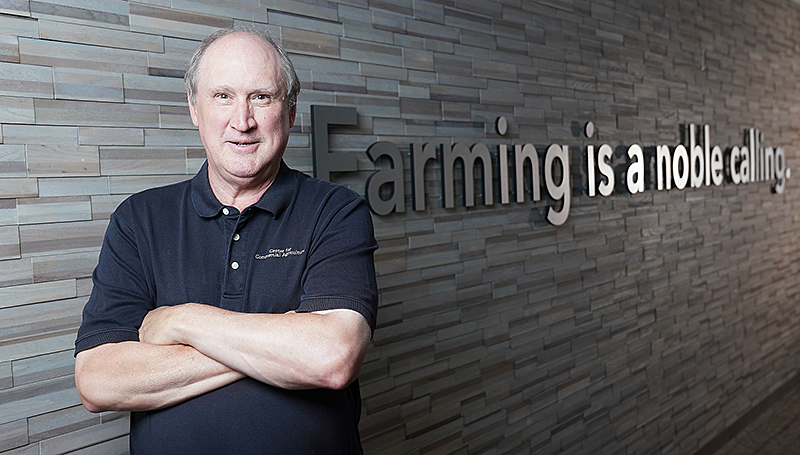
A new survey from Purdue University says that farmers are still uneasy about inflation and what input costs will be for next year’s crops. The survey also says that is also affecting financial decisions for the farm.
In Purdue’s latest Ag Economy Barometer survey of 400 farmers in August, 51% said they expect their farms to be worse off financially a year from now. That’s the most negative response received to this question since the survey first started in 2015.
Dr. Michael Langemeier is a Professor of Agricultural Economics at Purdue. He says rising input costs and uncertainty about the future continue to weigh on farmers’ minds.
“Part of what’s going on here is there’s just a wide band of possible input costs, and so I think they’re worried that the levels we saw in 2022 are not going away, but they’re also concerned that we’re going to see further increases in those input costs,” says Langemeier.

He adds not all input costs are on the rise.
“It depends on what input you’re looking at as part of the problem,” Langemeier says. “Cash rents are going up. Fertilizer costs look like they’re going to be down compared to 2022, so we’ve got some changes negative-positive going on with different inputs.”
Langemeier also says farmers are holding off on buying new equipment or making improvements to their farms, which has been an ongoing trend for quite some time.
“Some of these people haven’t made very significant purchases since 2013,” he says. “That was the last time where we really saw very large capital expenditures in U.S. agriculture. Expenditures have been down for a few years, so I would think that there’s some people out there that are really in need of replacing some machinery.”
He says farmers have a sense of sticker shock for new farm machinery.
“It’s not necessarily a fact that they don’t have a good solvency or good liquidity cash flow available for purchasing machinery. It’s just that they think it’s very expensive,” according to Langemeier.
Click BELOW to hear C.J. Miller’s radio news report on the uncertainty in rising input costs and how that is affecting farm financial decisions.
